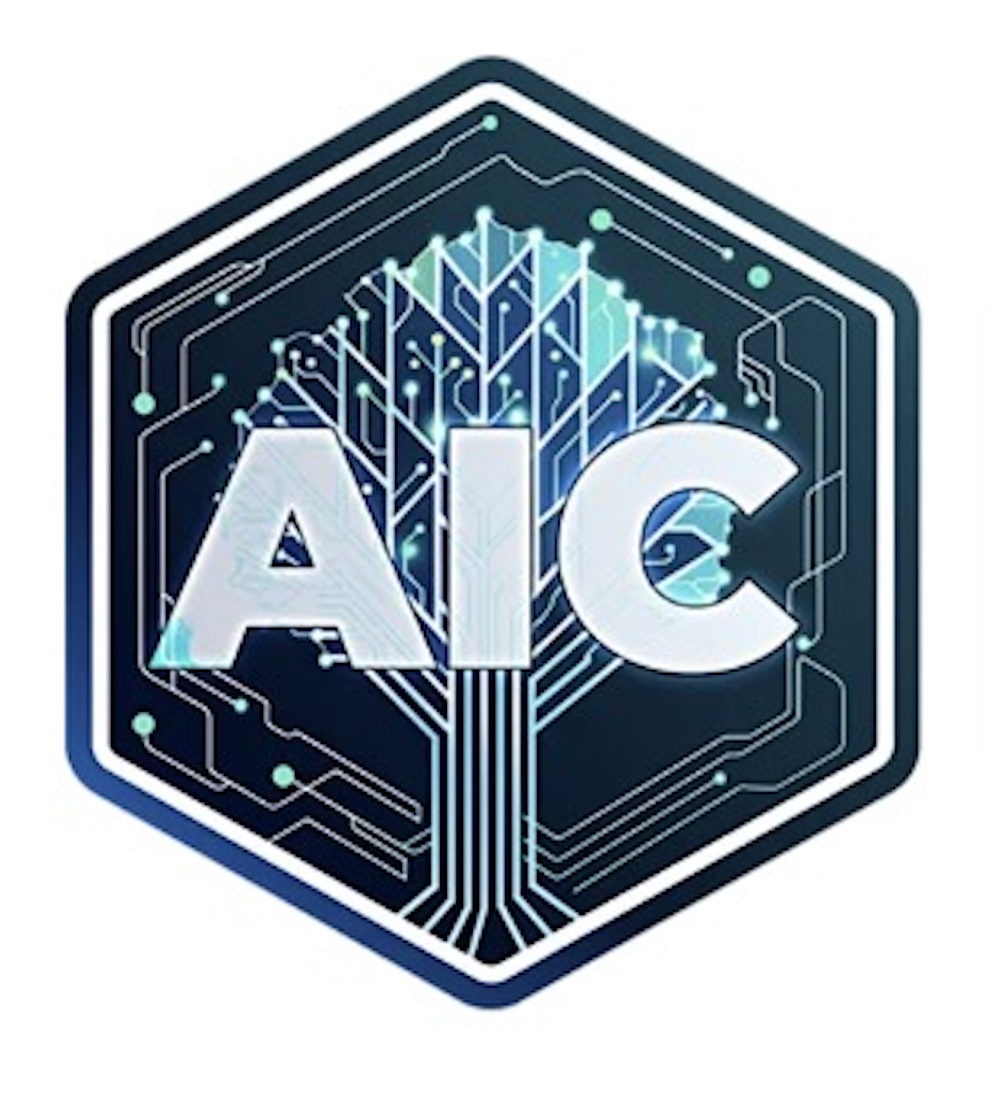
Academic Innovation Catalyst (AIC), a new deep technology funding platform, announced its partnership with the Bakar Fellows Program, UC Berkeley’s largest proof-of-concept funding platform. AIC will initially partner with the Bakar Fellows program to award grants to Berkeley faculty engaged in deep technology research. Over time, AIC intends to establish additional partnerships at UC Berkeley and other research institutions.
This pilot partnership will provide two grants to Berkeley faculty along with the regular portfolio of projects selected annually at Berkeley and UC San Francisco. AIC grant recipients will receive $300,000 over three years for market research, prototype development, and other commercialization activities. And AIC will also support the Bakar Fellows infrastructure, for a total initial commitment of $690,000.
Initially, AIC will focus on investing in climate technologies that have significant promise if deployed commercially. In parallel, Berkeley has been developing programs, including the Bakar BioEnginuity Hub (BBH) and emerging efforts in climate technology, to lower barriers to translating technologies from academia into startup companies.
These first two AIC grant recipients are Robert Pilawa-Podgurski (a UC Berkeley Electrical Engineering & Computer Sciences professor) and Zakaria Al Balushi (a UC Berkeley Materials Science and Engineering assistant professor).
Pilawa-Podgurski and his team will be designing and developing ultra-high-power-density dc-dc converters for future machine-learning processors based in part on packaging techniques that were previously developed in his lab.
These will be capable of achieving a 2x reduction in power conversion losses and a 4x reduction in physical size compared to state-of-the-art commercial products. Al Balushi’s project is more focused on a more energy-efficient and scalable method of producing high-value materials and chemicals, such as gallium nitride (a material used in semiconductors) and ammonia (the production of which currently takes up 2% of the world’s energy usage).
Along with monetary support, AIC will offer grant recipients help across five broad areas key to successful commercialization: access to legal support, business plan and pitch deck development, market research, building a founding team and advice on downstream funding sources.
This support will draw on the expertise of the Sonsinis, AIC senior advisor and mentor Paul Work, AIC’s Advisory Board, and their broader networks of investors, professionals, and industry veterans. As a private philanthropic venture, AIC enjoys significant flexibility in how and when it deploys its resources for grant recipients and aims to bestow its grants efficiently.
KEY QUOTES:
“AIC’s mission is to unleash practical innovation for social good, and it makes sense to pilot the initiative with the Bakar Fellows Program, which has already established very effective processes for identifying and supporting new ventures emerging from deep technology research at UC Berkeley. We want to be a force multiplier for incubators, accelerators and other entrepreneurial programs. The research conducted at universities like Berkeley has huge potential to benefit the world. AIC is meant to speed that process up and catalyze more academic innovation for positive impact.”
– Matt Sonsini, who founded and leads AIC with his wife, Lisa Sonsini, both Berkeley alumni
“It’s an honor to be the first university to partner with the AIC team as they give back to the next generation of entrepreneurs. Funding proof of concept projects is essential to maintaining our reputation as the leading university for startups. All of us within the Berkeley ecosystem are excited to see how the AIC funding platform helps innovation to thrive at UC Berkeley.”
– Rich Lyons, Associate Vice Chancellor for Innovation & Entrepreneurship and Chancellor Designate of UC Berkeley
“To solve the world’s challenges, we need to support risk-taking, groundbreaking research – that’s what we do every day at BBH, the Bakar Fellows program and Bakar Labs. Working with Matt, Lisa, Paul and their team allows us to support even more of our faculty members in translating their research to the private sector and towards societal good. AIC can be a stellar example of public universities and private entities working together to advance our common goals.”
– David Schaffer, PhD, director of the Bakar Fellows program and head of BBH
